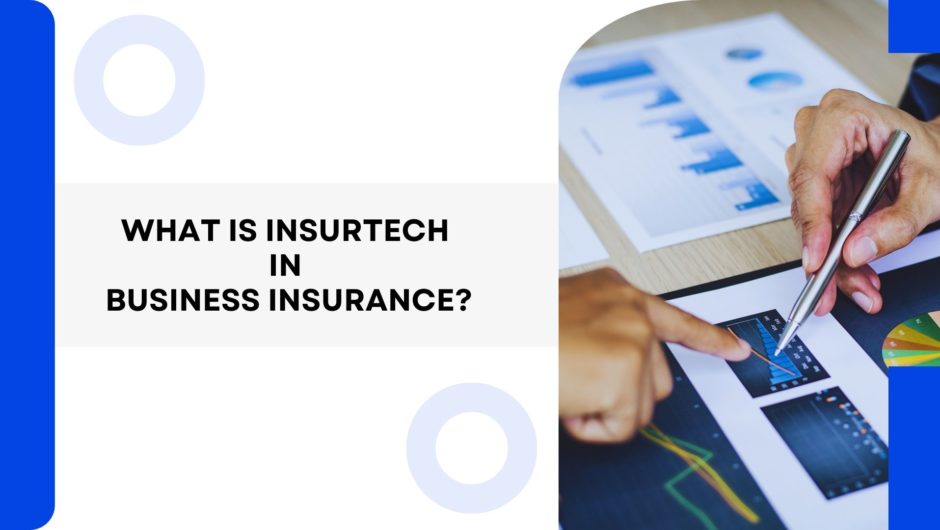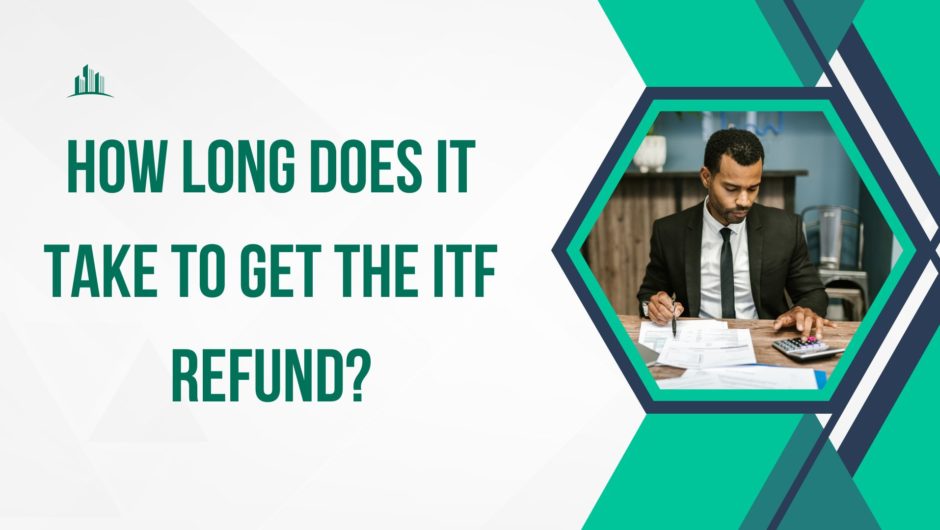Investing in alternative investment funds (AIFs) is becoming increasingly popular as investors seek greater returns. Recent World Bank statistics suggest the scale of this trend, with an impressive $1.52 trillion being allocated to AIFs in the past decade. Clearly, investors are attracted to the potential of AIFs to diversify their portfolios and increase their returns. To help you understand this growing trend, this guide provides an in-depth look at AIFs, including their definition, types, risks, and rewards. Whether you’re an experienced investor or just starting out, this ultimate guide to alternative investment funds is for you.

Definition of Alternative Investment Funds (AIFs)
Alternative Investment Funds (AIFs) are collective investment pools that invest in assets other than traditional stocks, bonds, and cash. These funds are generally unregulated and often invest in private equity, real estate, commodities, hedge funds, and venture capital.
Benefits of Investing in AIFs
Investing in alternative investment funds (AIFs) can be a lucrative financial decision. AIFs are a form of private investment that can be used to provide access to unique investment opportunities, and potentially increase returns. Now, we’ll explore the benefits of investing in AIFs.
- Diversification: AIFs allow you to diversify your portfolio beyond traditional investments like stocks, bonds, and mutual funds. By investing in AIFs, you can reduce risk and potentially increase returns.
- Access to Unique Opportunities: AIFs provide access to unique investments that may not be available through traditional investments. For example, AIFs may include investments in real estate, private equity, venture capital, hedge funds, and other alternative investments.
- Potential for Increased Returns: AIFs may have the potential to generate higher returns than traditional investments. This is because AIFs typically invest in more aggressive investments with higher risk and higher reward potential.
- Tax Benefits: AIFs may provide tax benefits that traditional investments may not. AIFs may be eligible for tax deferment or deductions, which can help reduce your tax liability.
- Low Investment Minimums: AIFs typically have lower initial investment minimums than traditional investments, making them more accessible to smaller investors.
In conclusion, investing in AIFs can access unique investment opportunities, and potentially increase returns. If you’re looking for a way to diversify and potentially increase your returns, AIFs may be worth considering.
Types of AIFs
Artificial intelligence funds (AIFs) are a type of investment vehicle focused on utilizing technology to increase returns. They are commonly used by institutional investors, such as pension funds and endowments, as well as by high–net–worth individuals. AIFs can take many forms, including private equity funds, real estate investment funds, hedge funds, and infrastructure funds.
1.Private Equity Funds: Private Equity Funds are AIFs that focus on buying stakes in companies for the purpose of increasing their value. This is done through strategic initiatives such as increasing operational efficiency, expanding into new markets, or launching new products.
2.Real Estate Investment Funds: Real Estate Investment Funds are AIFs that focus on investing in income–producing real estate. These funds typically focus on buying and leasing apartments, office buildings, warehouses, and other types of real estate.
3.Hedge Funds: Hedge Funds are AIFs that focus on taking advantage of market conditions to generate returns. These funds typically employ a variety of strategies, such as short selling, derivatives, and arbitrage.
4.Infrastructure Funds: Infrastructure Funds are AIFs that focus on investing in infrastructure projects. These funds typically invest in projects such as roads, bridges, airports, and other transportation–related projects.
Pros and Cons of Investing in AIFs
Pros
- Diversification: Investing in AIFs allows investors to diversify their portfolio and spread risk across a variety of asset classes and investments.
- Professional Management: Investing in AIFs gives investors access to professional money managers who can help them make informed investment decisions.
- Liquidity: AIFs provide investors with more liquidity than other investments, allowing them to quickly access their funds when needed.
- Tax Benefits: Investing in AIFs can provide investors with tax advantages, such as deferring capital gains and avoiding double taxation.
Cons
- High Fees: Investing in AIFs can be expensive, as investors are likely to be charged management fees, performance fees, and other administrative costs.
- Lack of Transparency: AIFs are often complex and opaque, making it difficult for investors to understand how their money is being invested.
- Risk: Investing in AIFs comes with a certain degree of risk, as the value of the assets can fluctuate with the market.
- Regulations: Investing in AIFs is subject to certain rules and regulations, which can limit an investor’s ability to make certain decisions.
Considerations for Investing in AIFs
Investing in alternative investment funds (AIFs) can be an attractive way to diversify your portfolio, but it is important to understand the associated risks and costs. Here are some considerations to help you make an informed decision before investing in AIFs.
A. Understanding the Risks Involved: Investing in AIFs can be risky, as these funds are not subject to the same regulations as mutual funds. It is important to research the fund to understand its risk profile and the types of investments it makes. Be sure to read the fund’s prospectus and any relevant documents to ensure you understand what you are getting into.
B. Calculating the Cost of Investing: As with any investment, costs are an important factor to consider. AIFs typically have high upfront fees and also charge annual management fees. In addition, there may be additional costs associated with buying and selling the investments. It is important to take these costs into account when deciding whether an AIF is the right investment for you.
C. Doing Research on the Funds: Before investing in an AIF, it is important to do your research. This includes researching the fund’s investment strategy, reviewing its past performance, and understanding the fund’s fees and expenses. You should also consider the fund’s risk profile and compare it to other funds in the same category.
By researching the fund and its investments, you can make an informed decision about whether it is the right fit for your portfolio. By considering the risks, costs, and research involved in investing in AIFs, you can make an informed decision about whether this type of investment is right for you.
FAQ
How can I invest in an AIF?
AIFs can typically be purchased through a broker or financial advisor. You should ensure that you understand the risks associated with any AIF before investing.
What types of assets can be found in an AIF?
AIFs can invest in a wide range of alternative asset classes, including private equity, venture capital, hedge funds, real estate, commodities, and more.
Are AIFs regulated?
Yes, AIFs are regulated by the Financial Conduct Authority (FCA) in the UK. All AIFs must register with the FCA and must adhere to certain regulations in order to remain compliant.
What are the risks associated with investing in an AIF?
As with any investment, there are risks associated with AIFs. These may include market risk, liquidity risk, credit risk and operational risk.
What fees are associated with investing in an AIF?
Most AIFs will charge management fees, performance fees and other fees. These will vary depending on the type of AIF and the manager.
Is an AIF suitable for all investors?
No. AIFs are typically suitable for experienced investors with a high–risk appetite and are not suitable for all investors.
How do I know if an AIF is right for me?
You should speak to a financial advisor or broker Additionally; you should research the AIF and make sure that you understand the risks associated with the fund before investing.
Conclusion
With the current world economic situation, it is important to expand tour portfolio and explore alternative investment funds. With the right information and proper understanding, it can be a great option for investors who are looking for higher returns, lower risk and better assortments. According to a latest report, 84% of people who have invested in AIFs have seen higher returns than any other traditional investments. So, why not give AIFs a try and start investing today.












